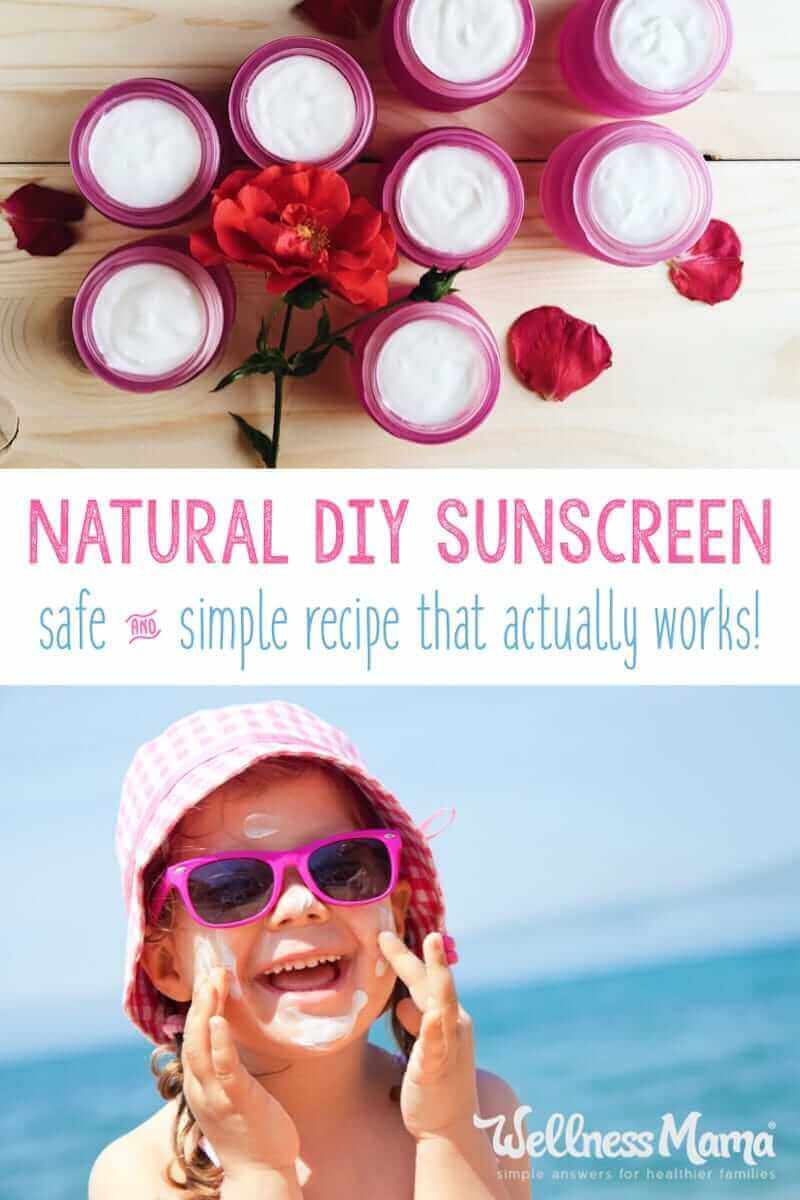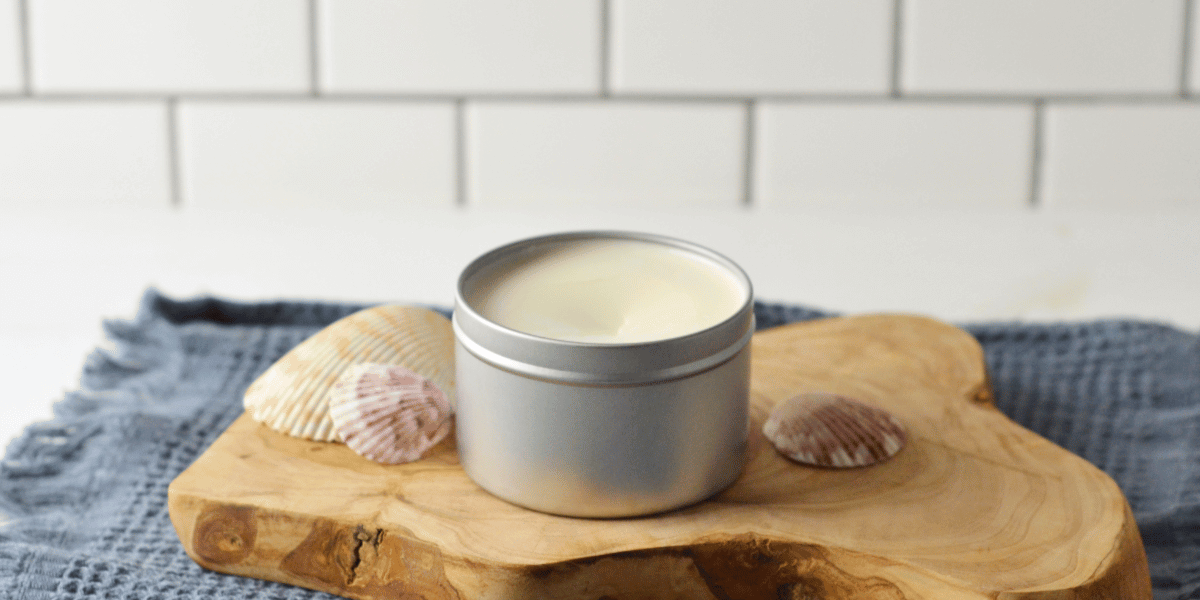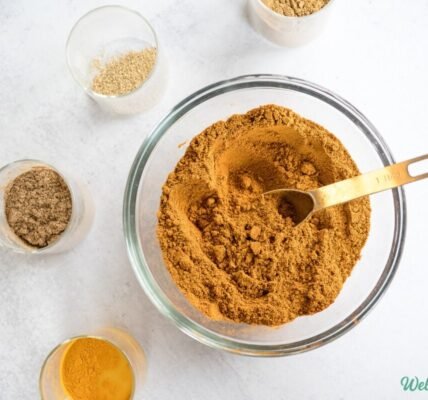In the e-book Zero to One, Peter Thiel asks readers to think about what views/truths they imagine that only a few people agree with them on. For me, it’s that almost all sunscreen doesn’t help avoid skin cancer and may very well increase the probabilities of it! This is one of the explanations I’ve been making home made sunscreen for years (though I not often use it).
Sound loopy?
Sunburn is harmful… all of us agree on that and it ought to completely be averted. But sunscreen isn’t the one strategy to keep away from it.
It’s positively not a widespread opinion, and I’m definitely not encouraging you to keep away from carrying sunscreen or to disregard the advice of your physician. I’m, nevertheless, encouraging you to do your own analysis, have a look at the precise research, and use frequent sense in relation to solar publicity.
Why Make Homemade Sunscreen?
I clarify in full my stance on sunscreen here, however right here’s why I made a decision to strive making my own years in the past.
Avoid Hormone-Disrupting Chemicals
In the years since sunscreen use started, pores and skin most cancers charges have risen. Many reviews show that almost all industrial sunscreens truly raise pores and skin most cancers risk. This is perhaps due partially to the truth that many sunscreens comprise endocrine-disrupting chemical substances reminiscent of oxybenzone. Oxybenzone is a identified hormone disruptor that isn’t really useful to be used on youngsters. It’s been banned in lots of places worldwide.
A 2020 examine checked out a number of totally different lively components in sunscreen merchandise. While they did offer SPF safety, chemical substances like avobenzone are absorbed into the bloodstream, even after one use.
My DIY sunscreen recipe depends on a bodily mineral barrier that stays on the pores and skin’s floor. It doesn’t penetrate via as most artificial chemical sunscreens do.
There are many more mineral sunscreens with safer components on the market now than after I first began making home made sunscreen. I’ve listed some of my favourite EWG-rated sunscreens beneath. That being stated, you continue to should learn labels. Even more “natural” sunscreens can nonetheless comprise problematic components.
Protect the Coral Reefs
Recent analysis reveals the components in lots of sunscreens hurt ocean life, particularly coral. Researchers estimate over 5,000 metric tons of sunblock wash off of swimmers annually. This “swimmer pollution” threatens a giant half of the coral life within the ocean and lots of different ocean species as effectively. This is as a result of these compounds could awaken dormant viruses in symbiotic algae known as zooxanthellae, which offer food and shade to the coral.
Some sunscreen components have even been banned in some locations on account of their damaging environmental results on the coral reefs. This natural sunscreen recipe avoids all such components.
The Vitamin D Factor
Also, our our bodies need some publicity to the solar to make vitamin D, a obligatory building block for hormone function. Combine vitamin D deficiency with hormone-disrupting sunscreen components like oxybenzone and is it any surprise some of us are involved?
I don’t purchase the concept even reasonable solar publicity is dangerous when our our bodies need vitamin D and light-weight publicity for therefore many features of health. Getting some of the solar’s rays day-after-day is an important half of my each day routine. I additionally take astaxanthin daily to help shield my pores and skin from the inside out (read why here).
Looking at these causes, it is smart to ask if sunscreen is the very best or solely strategy to keep away from sunburn.
Is Homemade Sunscreen Dangerous?
Several latest articles declare that home made sunscreens are dangerous and it is best to by no means make your own sunscreen. This is as a result of the FDA tightly regulates and verifies the SPF safety of industrial sunscreens. Since you’ll be able to’t confirm the SPF of home made sunscreens, the prospect of burning is greater.
I definitely agree that home made sunscreens don’t have the lab testing that typical ones do. But what else they don’t have? Endocrine disruptors and coral-killing compounds. Also, sunscreen ought to be a final resort as shade and getting out of the solar’s UV rays within the warmth of the day are higher choices anyway.
So whereas possibly we shouldn’t use home made sunscreens like typical ones, I’d additionally argue we shouldn’t use typical sunscreens in the way in which we do both!
Bottom Line: Use frequent sense and get secure solar publicity. The quantity and security will differ by individual. I like to recommend doing all of your own analysis and speaking to a educated naturopath or dermatologist to determine what works finest for you.
A Common Sense Approach to Sun
In most instances, my method is to get satisfactory however reasonable each day solar publicity, with out getting close to burning. Since most of us don’t work outdoors today, it takes effort to get each day solar, somewhat than to keep away from it. I positively don’t slather on the coral-destroying sunscreen on the off likelihood I would encounter a few stray rays of daylight, and in reality, I welcome it!
Thanks to Nutrition Genome Testing, I do know that I’ve mutations that make it very troublesome to get enough vitamin D. This places me at risk for a lot of critical illnesses, and dietary supplements don’t work very effectively to raise my ranges. For this purpose, my physician suggested me to get satisfactory vitamin D… from natural solar publicity.
Of course, there’s a restrict to how a lot solar a individual wants or ought to get. Here’s what I do after I attain this restrict:
Use the Shade or Cover Up
If I’m going to be out within the solar for for much longer than my pores and skin is used to, it’s simple enough to put on a hat or shirt to defend my pores and skin. This is the method that the Environmental Working Group (EWG) recommends. It’s more efficient at stopping extra solar publicity, prices much less, and doesn’t hurt the setting. A standard sense win/win state of affairs.
Use Natural Sunscreen When Needed
If I’m going to be in intense solar and may’t simply cowl up, I’ll very often use a natural sunscreen. I’ve but to make use of it this yr and hope to not in any respect, however I’m sharing my recipe (and the healthiest choices for store-bought sunscreens).
Important Note: Unlike most sunscreens, natural and home made sunscreens is probably not as waterproof or have as high (or broad spectrum) SPF. Homemade variations could not shield as absolutely in opposition to UVA and UVB rays. I’m not recommending totally avoiding sunscreen or getting an excessive amount of solar which may result in sunburn or solar injury.
Support Skin From the Inside Out
Sun publicity itself isn’t the one issue linked to pores and skin most cancers. Many dietary elements, reminiscent of optimum vitamin D ranges and even decreasing dangerous omega-6 vegetable oils, can have a massive impression on pores and skin health. Getting enough antioxidants in our diet from colourful fruits and veggies additionally performs a massive position. See this post for how I optimize my diet and dietary supplements for healthy pores and skin and improved solar tolerance.
Natural Sunscreen SPF
This home made sunscreen makes use of a mix of waxes, butter, and oils to make a moisturizing base. The foremost ingredient for natural SPF (solar safety issue) although is zinc oxide. It acts as a barrier on the pores and skin to dam dangerous UV rays. Non-nano and uncoated zinc oxide is the healthiest option for skincare.
My home made sunscreen additionally makes use of skin-nourishing and moisturizing antioxidant components for even more skin protection. These embrace crimson raspberry seed oil, carrot seed oil, and vitamin E.
The ultimate model can have a diverse solar protecting capacity relying on the quantity of every ingredient used. This recipe makes use of about 10% zinc oxide which is roughly a 6-11 SPF. If you need an SPF of round 20, then double the zinc oxide. Keep in thoughts it hasn’t been examined by a regulatory group for actual SPF.
For a easy model, even simply coconut oil and shea butter with some zinc oxide or a little raspberry seed and carrot seed oil will work for reasonable publicity.
As at all times examine together with your physician or dermatologist earlier than utilizing any new merchandise.
NOTE: This is an improved recipe since many people have been having bother getting the temperatures precisely proper to get the lotion to emulsify (as per the feedback beneath). This recipe shouldn’t have any of these points!
Optional Essential Oils
You can add some skin-safe important oils right here for added advantages and scent. Be sure to keep away from any phototoxic oils, as these could cause critical pores and skin burns if used earlier than solar publicity. Common phototoxic oils embrace:
- bergamot
- bitter orange (wild or candy orange are nice)
- cold-pressed lemon (steam-distilled is okay)
- cold-pressed lime oil (steam-distilled is okay)
- grapefruit (consultants are combined on this one)
Do not use the above important oils for sunscreen! Some higher choices embrace lavender, frankincense, candy orange, or sandalwood.
Homemade Sunscreen Recipe
Make your own sunscreen at home with natural components and keep away from the chemical substances in industrial manufacturers. Make sure to take a look at the notes on the finish of the recipe for suggestions.
Yield: 10 ounces
-
Combine all of the components besides zinc oxide in a pint-sized or bigger glass jar. You also can use a double boiler as a substitute of a jar.
-
Fill a medium saucepan with a few inches of water and place on the range over medium warmth.
-
Put a lid loosely on the jar and place it within the pan with the water.
-
Stir often to combine the components as they soften.
-
When all of the components are utterly melted, stir within the zinc oxide. This will take some stirring to include.
-
Pour into no matter jar or tin you’ll use for storage.
-
Stir a few occasions because it cools to make sure the zinc oxide is integrated.
-
Store at room temperature or within the fridge to increase shelf life.
- This sunscreen will not be waterproof and can need to be reapplied after sweating or swimming.
- Make sure to not inhale the zinc oxide. Use a masks if obligatory!
- Add more beeswax to make thicker sunscreen, much less to make easy sunscreen.
- Store in a cool, dry place or within the fridge. I want to retailer it in a small canning jar and apply it like physique butter. It shall be thicker, particularly in case you use coconut oil within the recipe.
- Remove the zinc oxide and this makes an wonderful lotion recipe!
An Even Faster Way to Make Sunscreen
This simple recipe simply takes two components. While there’s no actual SPF guarantee, it ought to yield about 20 SPF.
- 1/2 cup of your favourite lotion (that doesn’t have phototoxic oils!)
- 2 Tablespoons of non-nano zinc oxide
- Mix effectively
You also can make sunscreen bars with many of the identical components!
Store-Bought Natural Sunscreens
Not Interested in DIY? I’ve gotten quite a few questions over time about pre-made sunscreen choices for individuals who don’t have the time or need to make their own. I record my favourite store-bought manufacturers in this post.
Does your loved ones frequently use sunscreen? Do you attempt to get common solar publicity? Leave a remark and tell us!
This article was medically reviewed by Dr. Scott Soerries, MD, Family Physician and Medical Director of SteadyMD. As at all times, this isn’t private medical advice and we advocate that you simply discuss together with your physician.





